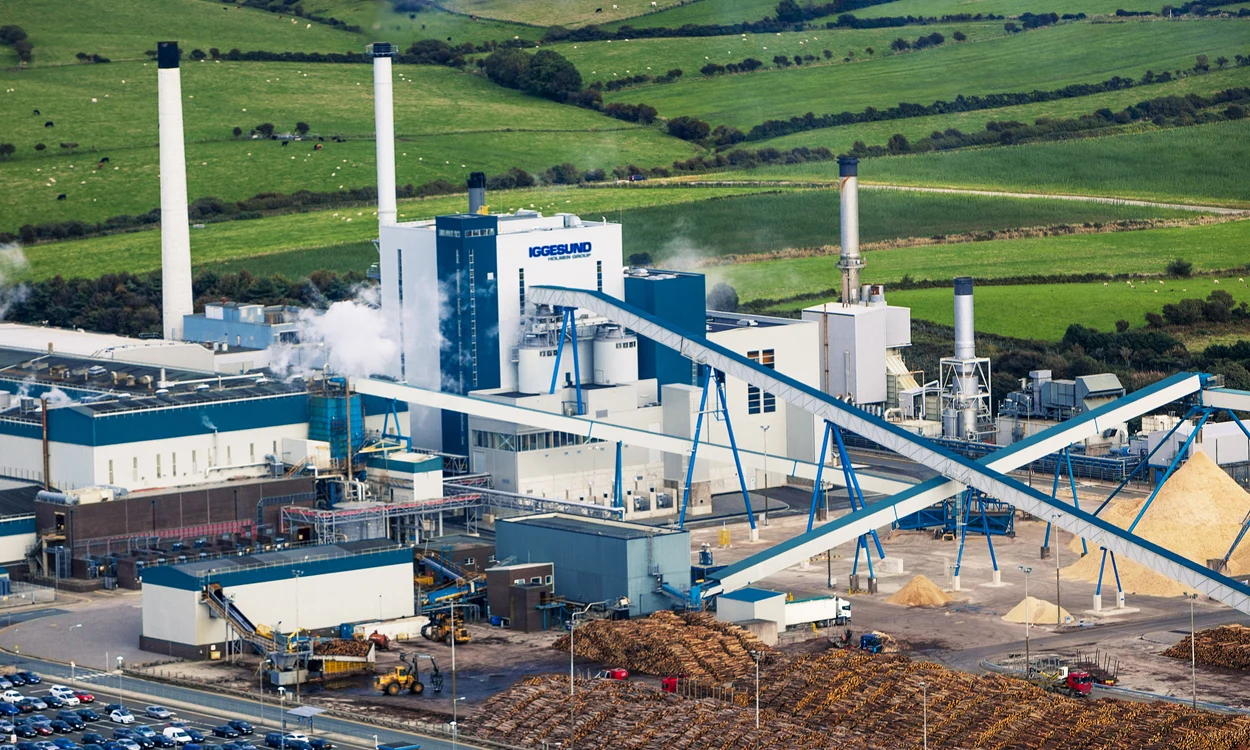David Inglesfield, Health and Safety Manager at Workington, asserts that the mill’s success year after year is by no means down to pure chance. It’s about a tradition of systematic and proactive work to create an accident-free workplace.
“We’ve built up a safety culture over many years and we’re constantly working hard to keep it alive and well,” says David in summing up the success factors.
“Safety is everyone’s responsibility and requires commitment. Everyone also need to have the courage to challenge unsafe behaviours. A safe working environment must always be at the top of every meeting agenda to keep the issue fresh in people’s minds.”
Other key ingredients in the mill’s success are learning from incidents, analysing the causes and conducting ongoing checks, thus leading to improvements. Work planning to ensure that controls and follow-up are in place is also vital at the Workington mill, which makes Holmen's Incada paperboard.
“You have to be aware that there’s always a need to improve and that you’re never at an acceptable level,” David emphasises.
At the Iggesund Paperboard mill in Iggesund, Sweden, which has about 800 employees, there were nine accidents leading to absence in 2019.
“Workington is a great role model for proactive, and successful, health and safety work. For example, they have a procedure in place whereby they start investigating a workplace accident straight after it occurs. We take care to continuously learn from each other so we can prevent accidents at all our workplaces,” says Therese Rahm, Communication Manager at Iggesund Paperboard in Sweden.
Holmen Group, of which Iggesund Paperboard is a part, conducts far-reaching health and safety work, the aim being to achieve an injury-free workplace for all co-workers. A safe working environment is always high up on the agenda, and is continuously followed up at senior management level. All units are certified to OHSAS 18001, which means that the Group conducts systematic health and safety work throughout the organisation.
All of the Group’s mills are either preparing for or already transitioning to the new management system, ISO 45001, which partly entails higher demands on involvement from senior management.


